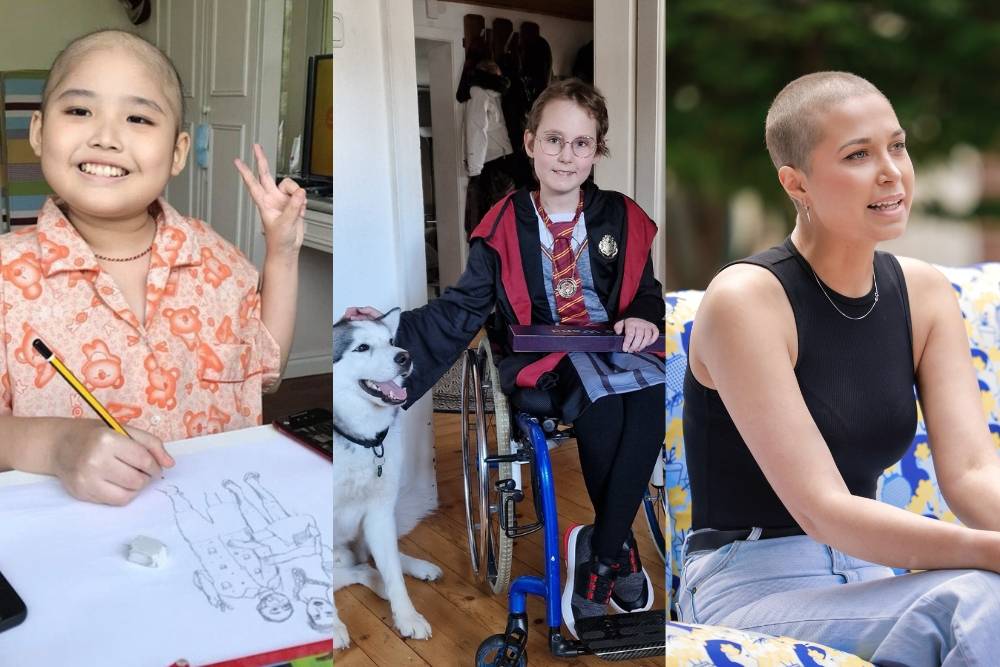CD7 CAR-T Therapy – A Light at the End of the Tunnel
Nestled within a modest laboratory at the National University of Singapore’s Yong Loo Lin School of Medicine (NUS Medicine), revolutionary work is quietly transforming cancer treatment. Though unassuming, this tiny lab has developed a pioneering therapy that is offering hope where there has long been none.
At the heart of this innovation is CD7 CAR-T therapy, a treatment that is proving to be a lifeline for patients with T-cell acute lymphoblastic leukaemia (T-ALL), particularly those for whom traditional treatments have failed.
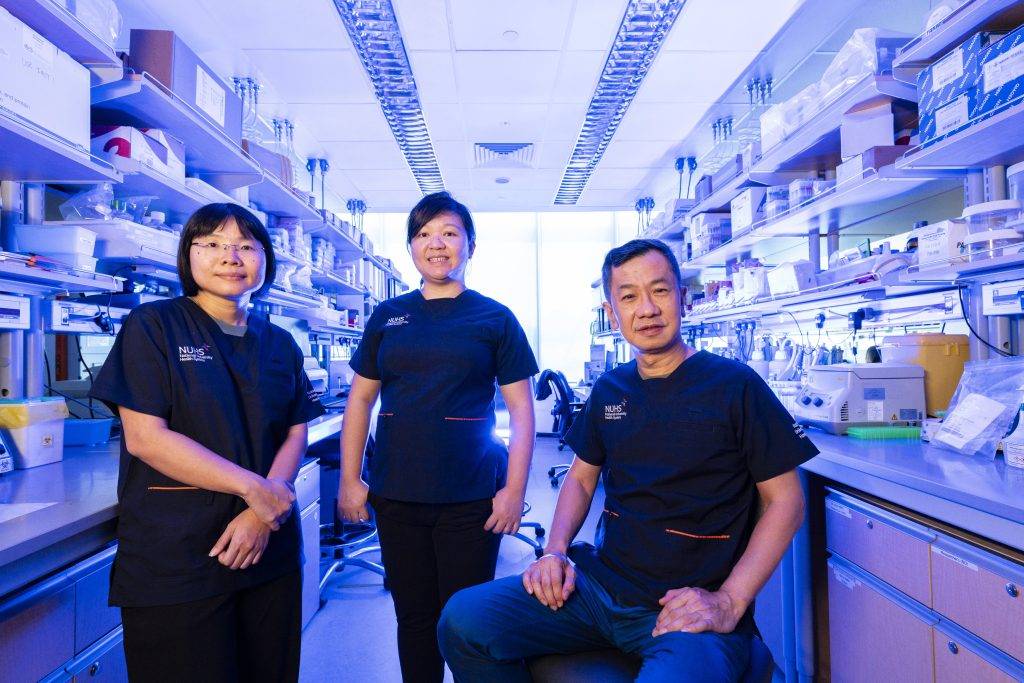
Read more: The Science Behind CD7 CAR-T Therapy
Breaking Through the Tunnel with Singapore’s CD7 CAR-T Therapy
For many patients with T-ALL, the journey of treatment often feels like a harrowing passage through a dark tunnel. Professor Allen Yeoh, clinical lead of the CD7 CAR-T therapy trial, described cancer treatment as being repeatedly hit by an oncoming train
“It’s like in a dark tunnel where the train is coming. The train hits you. You don’t die.” He shared.
“You pick yourself up and get ready for the next train that comes and hits you again in three weeks or four weeks, and then you get hit and you have to get up and try again in that dark tunnel where there is no light.”
It is an analogy that resonates deeply with the patients and their families, who have experienced the relentless cycle of treatment, relapse, and dashed hopes.
But for the few patients who have been offered this treatment, Singapore’s pioneering CD7 CAR-T therapy has provided a way out of this seemingly endless tunnel, offering hope when all other treatments had failed.
Viet Tai’s New Lease on Life
At 14 years old, Viet Tai is a typical teenager, full of energy and focus as he prepares for his high school entrance exams. At the media event, he was bright and confident, sharing his story fluently as his mother watched on proudly.
But just four years ago, the future seemed uncertain for him. It all started with an unassuming pain in the joint of his pinky finger, which quickly spread to the rest of his body. Diagnosed with T-ALL in Vietnam at age 10, Viet Tai’s leukaemia was refractory to 3 lines of chemotherapy treatments.
“I was very desperate and also frustrated,” he admitted, reflecting on his diagnosis. “I thought that (cancer) is incurable, and…I’m gonna die soon.”
When his parents learned about the possibility of effective treatment in Singapore through their friends, they saw a glimmer of hope. After extensive discussions with the Singapore team Viet Tai became the first patient to undergo a compassionate CD7 CAR-T clinical trial for patients with no other treatment options for T-ALL, on 2nd September 2019.
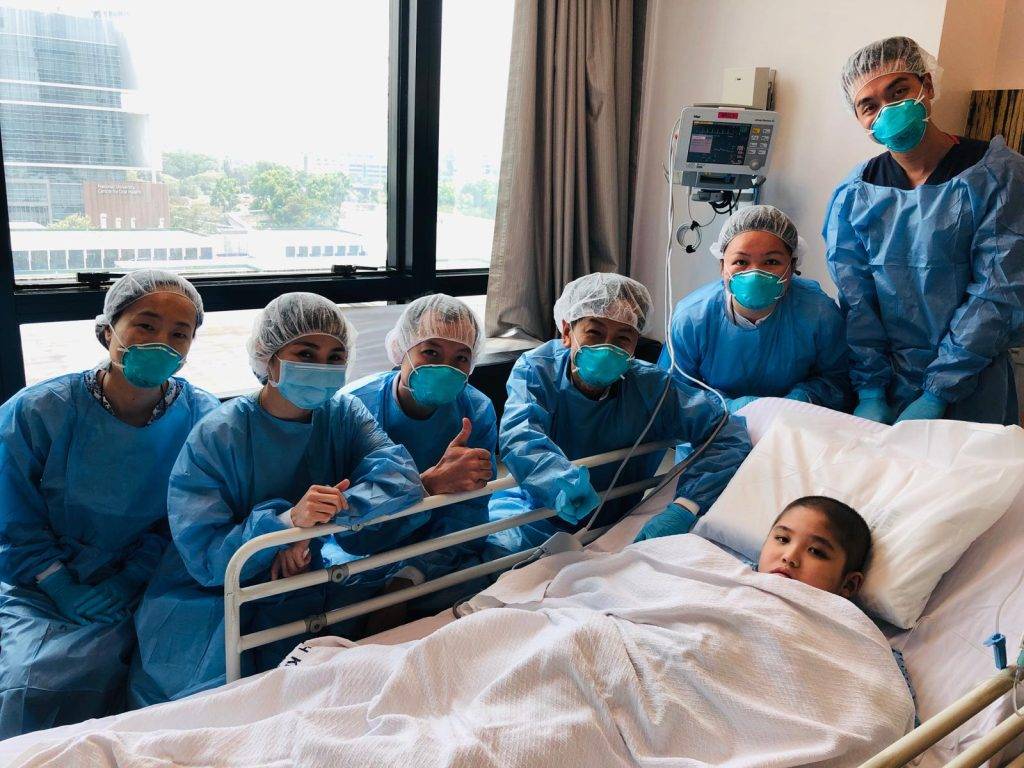
Achieving Remission in Record Time
By 1st October 2019, just one month later, he was in complete remission. In fact, he did not require additional forms of treatment beyond the CAR-T infusion.
Today, Viet Tai is thriving. “I was really, really positive.” He shared. “I think that’s the main reason why I could surpass the disease and become healthy now”
He is voraciously active, plays sports like basketball (won a gold medal in school) and a red belt in Taekwondo, which he gleefully shared with the team.
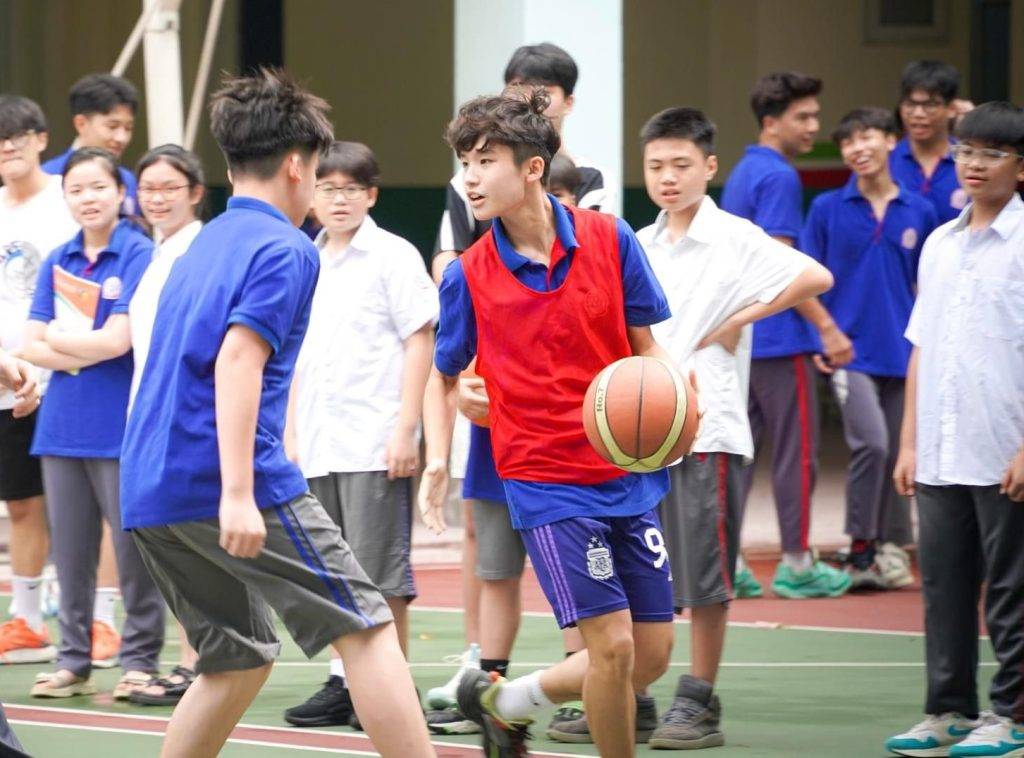
“I am very thankful to Prof Allen who gave me a second life,” he said with gratitude.
Maria Schreierer: Life Like A Movie – With A Happy Ending
For 12-year-old Maria Schreierer, her battle with T-ALL felt surreal. “I cannot describe it,” her mother shared, “it’s like a movie,”.
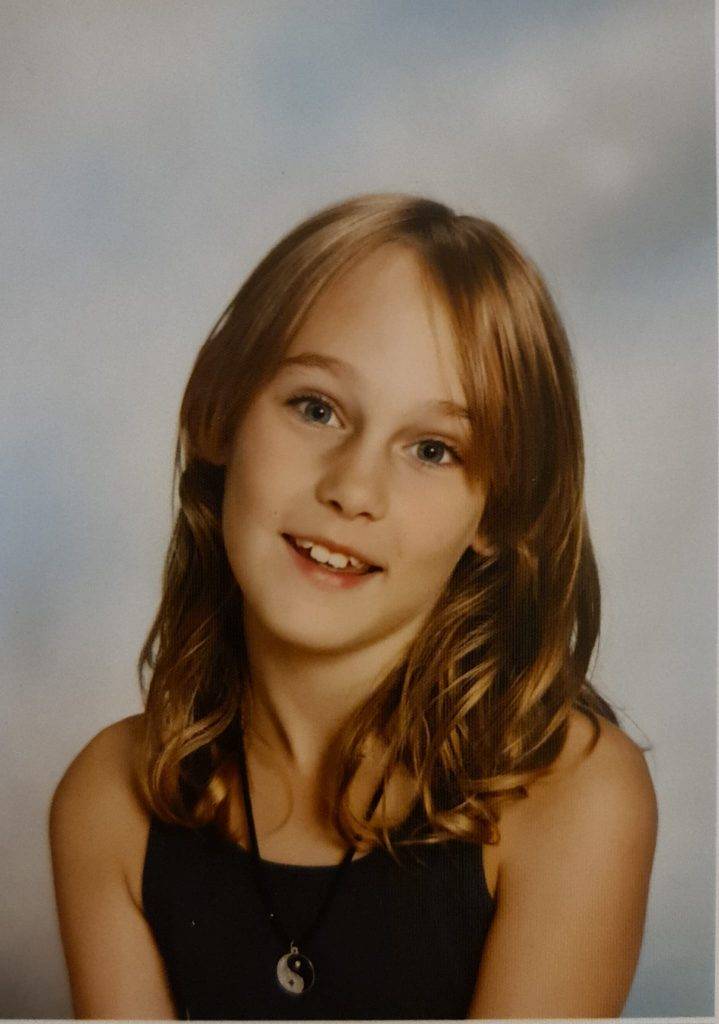
Diagnosed with T-ALL in 2021, Maria’s initial treatment brought her into remission, but her cancer relapsed the following year. Doctors in Switzerland warned her parents that there were few options left. “Her chances of survival were less than 5%,” Mr. Schreierer explained.
The family learned about the CD7 CAR-T trial in Singapore and made an immediate decision to bring Maria for treatment. “We took three seconds to decide, because we knew there was no other way,” Mrs. Schreierer said.
On 21 February 2023, Maria began the CD7 CAR-T therapy, and within just 16 days, the results were astonishing. “Her bone marrow was clear. It was amazing,” her mother shared. Maria had only mild side effects from the treatment, a far cry from the pain and complications she had endured with previous therapies which included infections of the brain and bone.
Today, Maria is back in school, spending time with friends and enjoying her childhood. “She can finally be a child again,” Mrs. Schreierer said, recalling the days when they feared Maria would not have the chance to grow up.
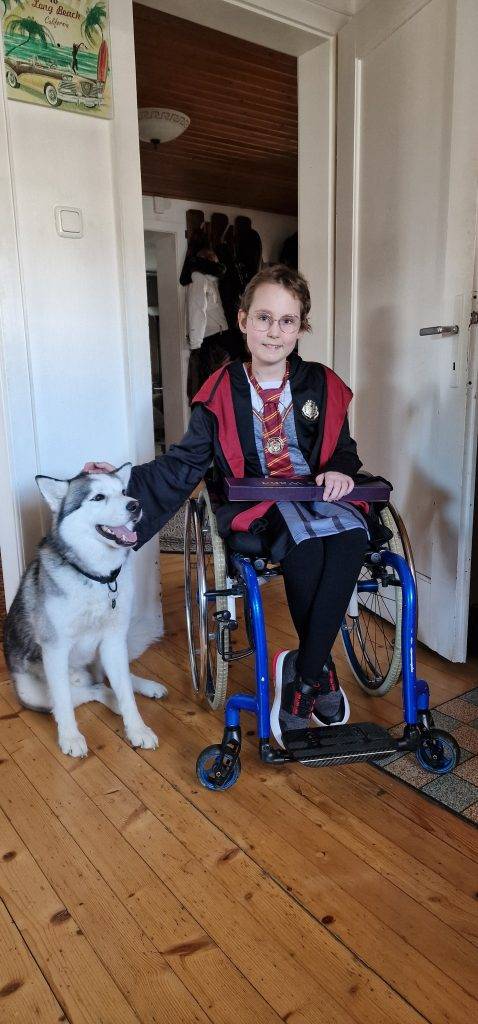
The Schreierers now dream of returning to Singapore, not for treatment but for a well-deserved vacation. For Maria, the memories of exploring the city’s parks and malls hold a special place in her heart, reminding her of the brighter days after so much darkness.
“It’s a new chapter for her now.” Mrs. Schreierer shared happily. “There was a time we couldn’t believe that these days will come.”
Hannah Thomas: A Real Miracle
Hannah Thomas, a 32-year-old from Australia, was preparing to start a new chapter of her life. However, a routine fertility test revealed she had T-ALL, just months before her wedding.
The cancer was high-risk, but after several rounds of high-dose chemotherapy and a bone marrow transplant at St Vincent’s Hospital, she entered remission and married her fiancé in May 2022.

Her relief was short-lived. Just one month after the wedding, Hannah’s cancer returned, more relentless than ever. “Like that second train in the tunnel.” she shared.
Through it all, her husband was her rock. “We were in shambles on the floor together,” Hannah recalled. “Going through the motions together, it was really hard.”
The situation was compounded by the fact that adult patients often face unique challenges when battling T-ALL. Dr. Esther explained that adults generally have weaker organ function due to the toll of ageing, making them harder to treat.
“The older you are, the poorer the reserves are,” she noted. This made Hannah’s condition even more perilous.
A Bold Move for Life-Saving Treatment
When Hannah and her husband Simon learned about the CAR-T trial in Singapore, they realised it could be their last chance. Their family and friends rallied together to raise over $260,000 for the treatment. With this overwhelming support, they took a leap of faith and travelled to Singapore just one day after the initial call with the research team.
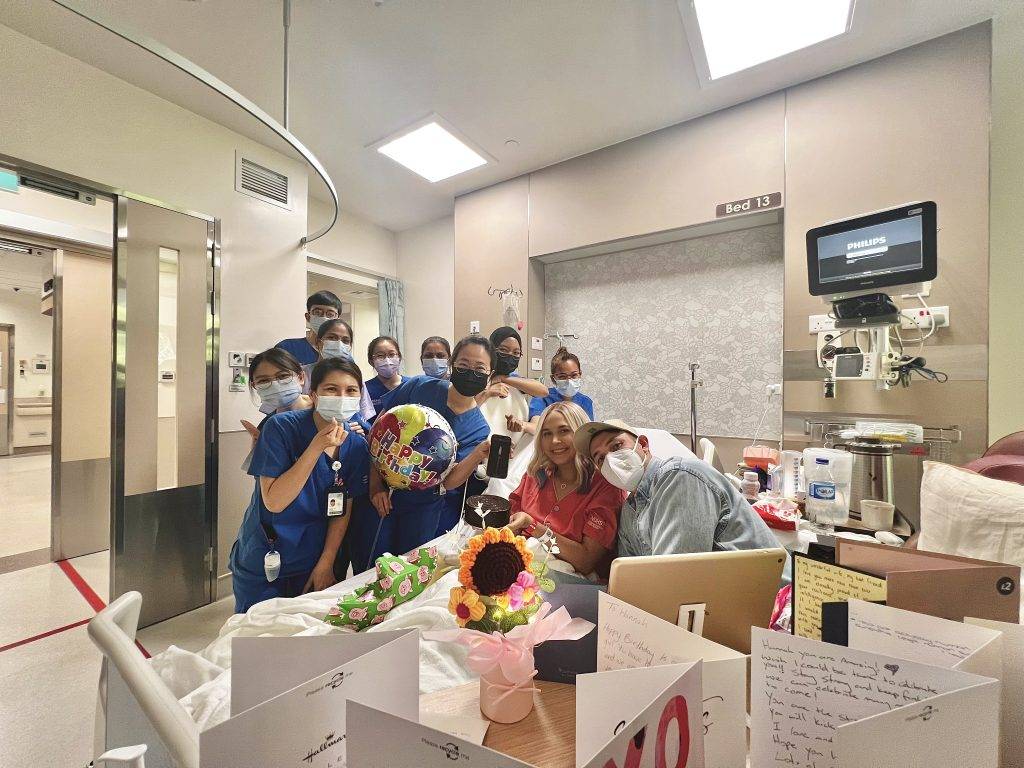
In December 2023, a day before her birthday, Hannah received the CD7 CAR-T infusion. She had faced setback after setback throughout her cancer journey, and feared the worst. The therapy proved successful.
“Once we got home to Australia after the transplant and we received that first bone marrow results that said I was still in remission, I don’t think we believed it straight away.” Nine months later, Hannah remains cancer-free.
“We just feel so lucky that Dr. Allen and Dr. Esther, you definitely were that light at the end of the tunnel for us.”
CD7 CAR-T Therapy in Singapore
CD7 CAR-T therapy’s development in Singapore is more than a medical breakthrough; it represents hope for patients facing endless cancer treatment. So far, the therapy has given 17 patients a final chance at survival when conventional treatments failed.
Between 2019 and 2023, 17 patients received treatment. 16 achieved complete molecular remission within a month, meaning their leukaemic cells became undetectable. The treatment’s side effects were well-tolerated, with a lower incidence of Cytokine Release Syndrome (CRS) and neurotoxicity compared to CD19 CAR-T therapy.
Singapore’s Commitment to Cancer Care
One of the key factors behind Singapore’s success in advancing CD7 CAR-T therapy is strong local philanthropic support. Notably, the Goh Foundation played a pivotal role in establishing CAR-T cell production facilities. The foundation helped fund treatments for patients in need, ensuring access to life-saving care.
“The one that supported the setup of the CAR-T was the Goh Foundation of the Goh Cheng Liang family, who gave us the first donation to make the CAR-T,” explained Professor Allen Yeoh.
This funding helped provide NUS Medicine a foundation for the therapy’s development. Beyond setting up the facilities, the Goh Foundation also helped cover the high costs of treatment for various patients, such as in the case of the first recipient of CD7 CAR-T therapy Viet Tai.
Years of collaborative research made the therapy’s success possible. The teams at NUS Medicine and the National University Health System (NUHS), and the Ospedale Pediatrico Bambino Gesu in Rome, Italy, all contributed to the study with their patients and expertise.
CD7 CAR-T and The Future of Cancer Care
Despite Singapore’s small size, the nation’s researchers and clinicians have positioned themselves at the forefront of cancer research, providing innovative solutions to patients from around the world.
Read also: $50m Grant Boosts Research for Cancer Treatments in Singapore
“We are hoping to eventually work with the other parts of other universities in the world to see whether we could extend this life saving treatment to other places beyond Singapore.” Prof. Yeoh shared.
For patients like Viet Tai, Maria, and Hannah, Singapore’s breakthrough CD7 CAR-T therapy has turned what was once an endless tunnel into a path leading to light, life, and hope.
Header image: From left – Viet Tai in NUH / Singapore (Image credits: Mdm Nguyen (Viet Tai’s mummy)), Maria going to school in her Halloween costume (Image credits: Mr and Mrs Schreierer), Hannah sharing her story with Cancer Council NSW and Red Cross Blood Service NSW for blood donation advocacy in Feb 2024 (Image credits: Mrs Hannah Thomas)

